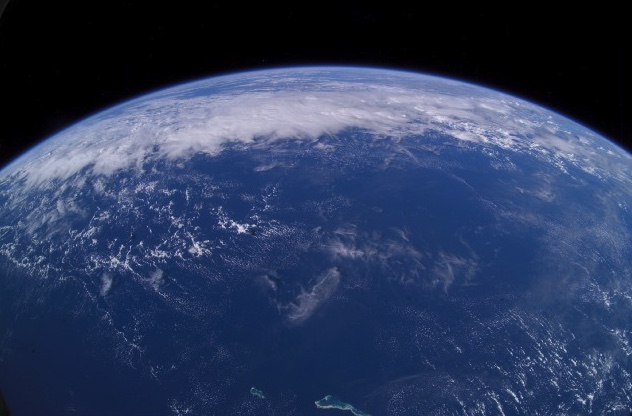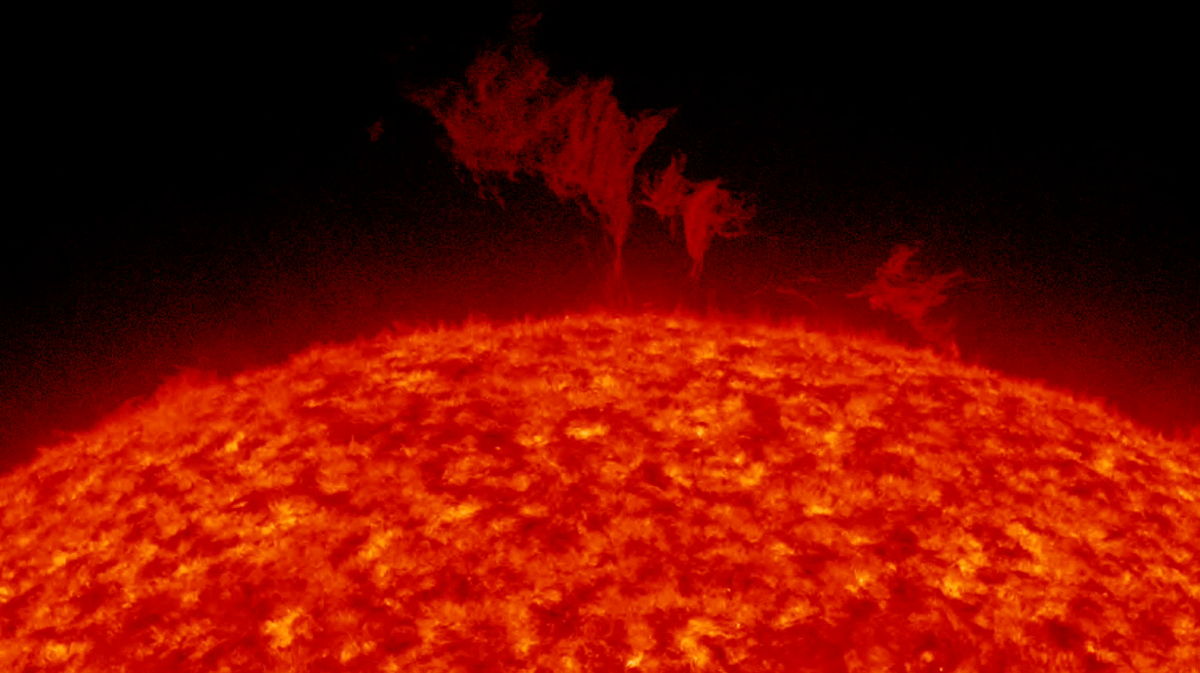Ian Whittaker
Dr. Ian Whiitaker is a senior lecturer in physics at Nottingham Trent University in Nottingham, England in the United Kingdom. He earned a master's of physics with space science and technology from the University of Leicester in 2006 and earned his Ph.D. in space physics from the University of Wales, Aberystwyth in 2010 while studying the interaction of the sun with the upper atmosphere of Venus. Ian has lectured at Nottingham Trent University since 2017 and has a special interest in space science outreach. In addition to his lecturing duties, Ian is a contributor to The Conversation, where he writes about a wide range of issues on space exploration and science.
Latest articles by Ian Whittaker
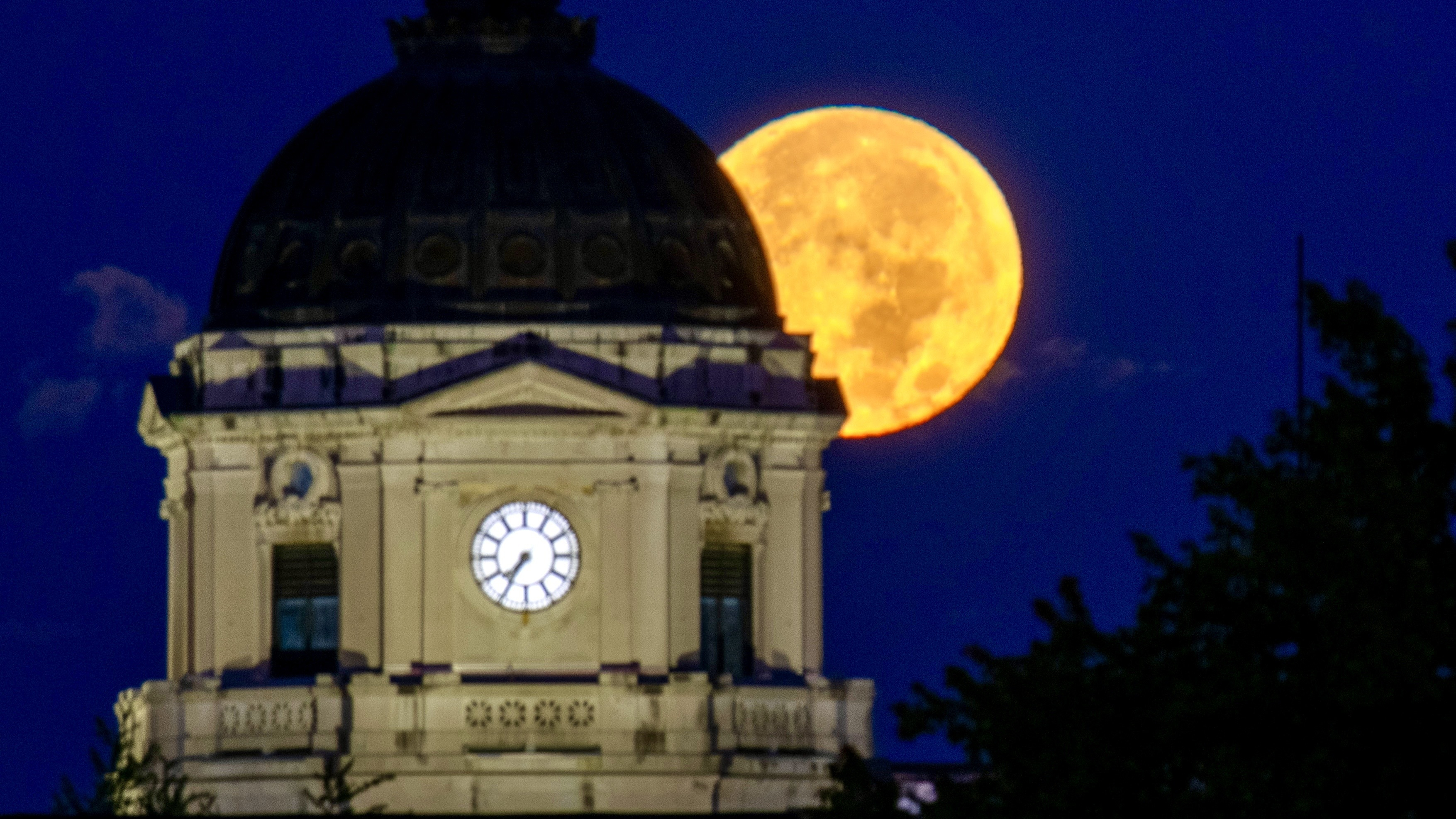
Earth has many objects in orbit but definitely only one moon — despite what some people think
By Ian Whittaker published
While the term “planet” has a clear definition, there is no strict definition of a moon. We can either say that there is one moon around Earth, or more than 160 million moons.
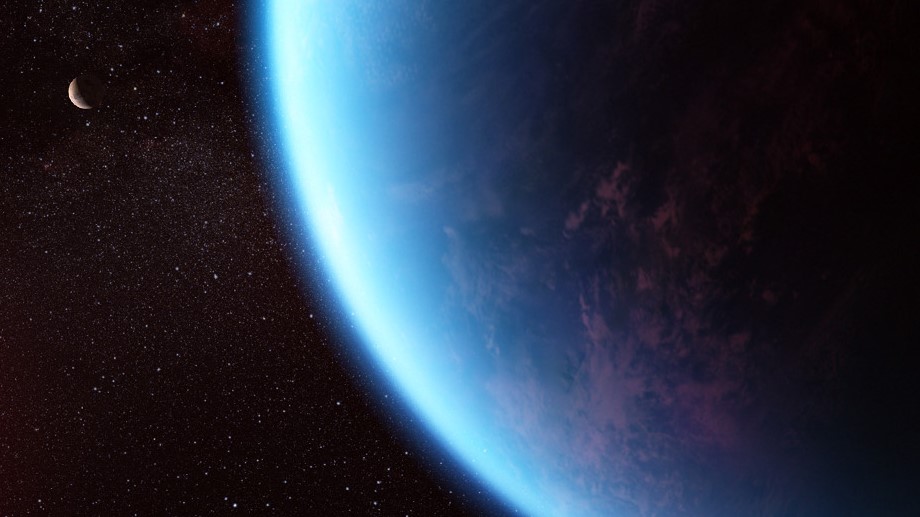
Possible hints of life found on distant planet – how excited should we be?
By Ian Whittaker published
The exoplanet K2-18b might host a water ocean.
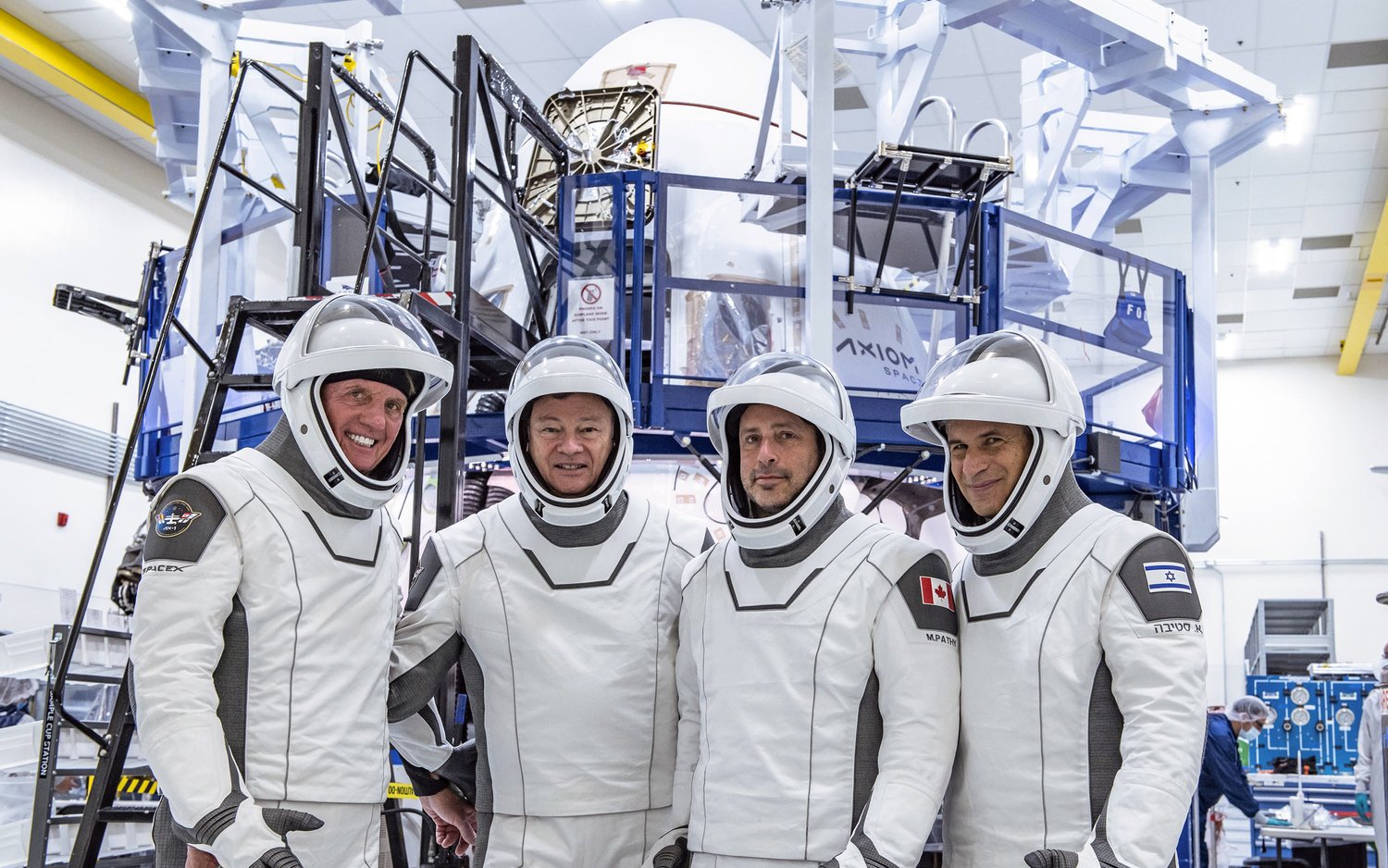
Ax-1: Why the private mission to the International Space Station is a gamechanger
By Ian Whittaker published
Unlike the short "joyrides" of Richard Branson and Jeff Bezos, this mission will be reaching the roughly 400km altitude needed to dock with the ISS.
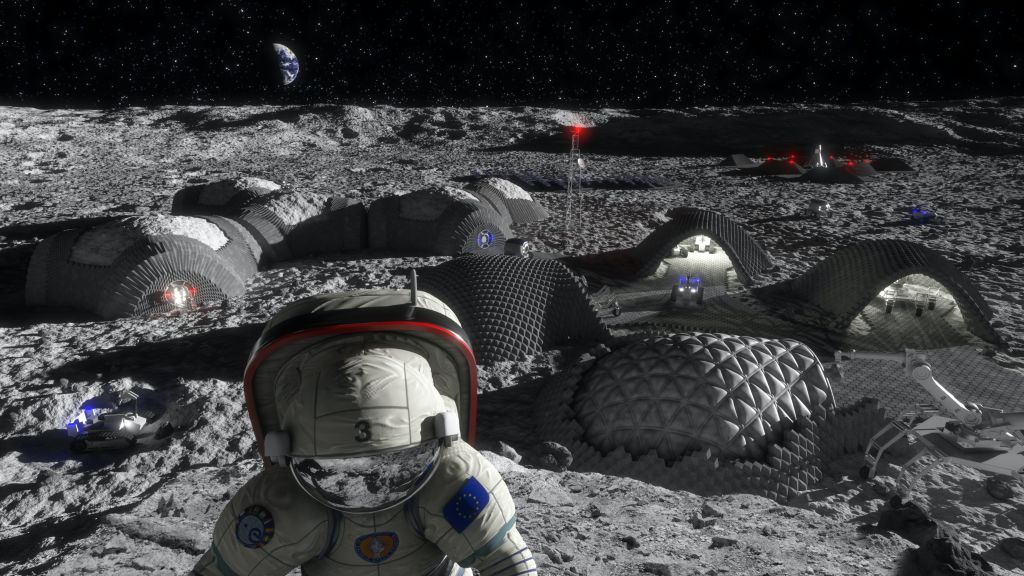
Why can't we put a space station on the moon?
By Ian Whittaker published
A space station on the moon could be very useful to provide future space missions with a stopping point between Earth and deeper space. Why haven't we built one yet?

Tiangong: astronauts are working on China's new space station — here's what to expect
By Gareth Dorrian, Ian Whittaker published
Three astronauts on China's new space station have performed the country's first spacewalk and are busy configuring the module for future crews.
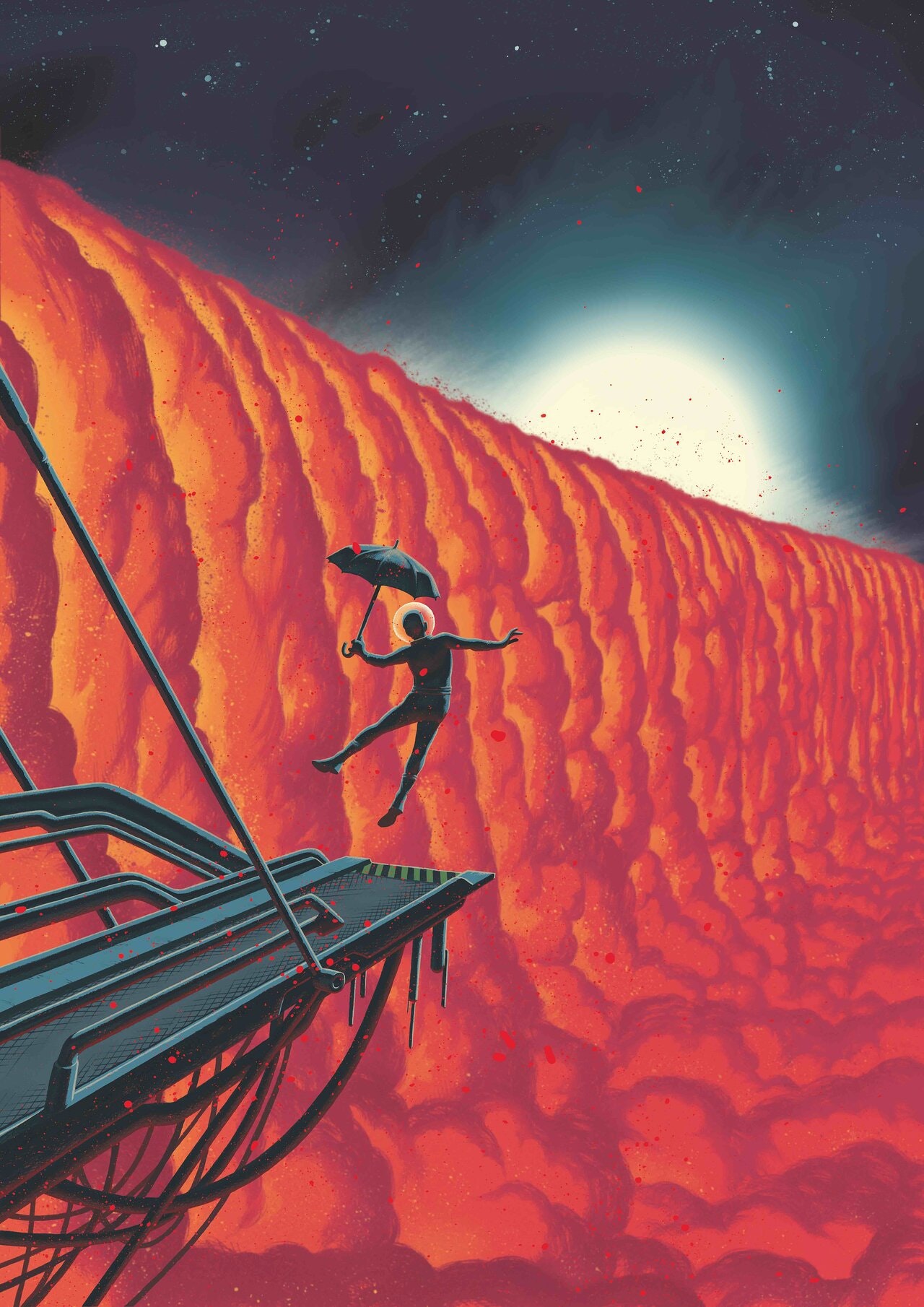
From iron rain on exoplanets to lightning on Jupiter: four examples of alien weather
By Ian Whittaker published
The continuing research with exoplanets involves trying to identify their atmospheric composition, specifically to answer the question of whether life could exist there.
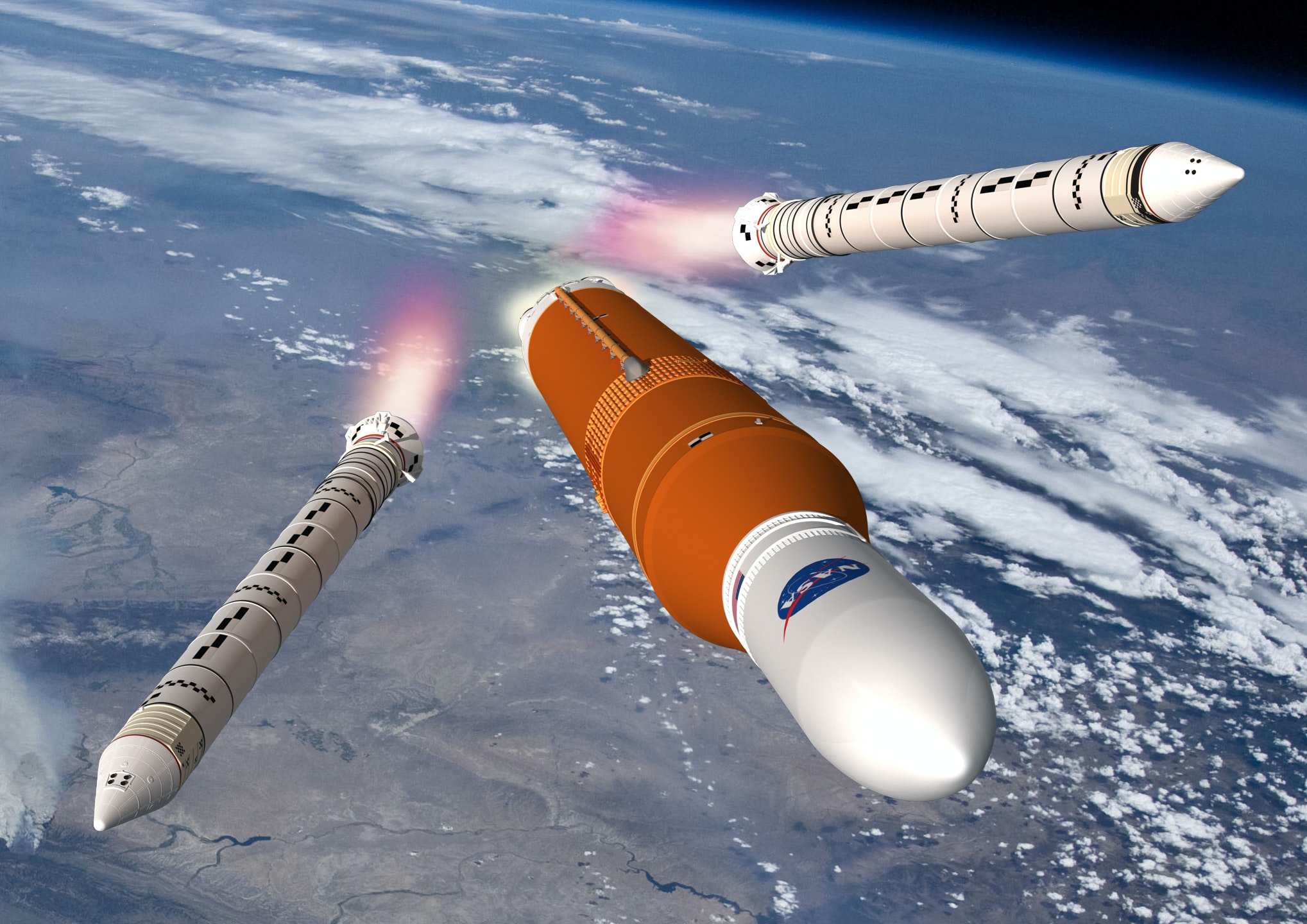
SpaceX vs NASA: Who will get us to the moon first? Here's how their latest rockets compare
By Gareth Dorrian, Ian Whittaker published
No-one has visited the Moon since 1972. But with the advent of commercial human spaceflight, the urge to return is resurgent and generating a new space race.

From Space Force to Artemis: What a Joe Biden presidency may mean in orbit and beyond
By Ian Whittaker, Gareth Dorrian published
So how is space exploration likely to change going forward?

Comet Neowise: An increasingly rare opportunity to spot an icy wanderer with the naked eye
By Gareth Dorrian, Ian Whittaker published
Neowise is the first bright comet to be visible with the naked eye from the northern hemisphere since the mid-1990s.
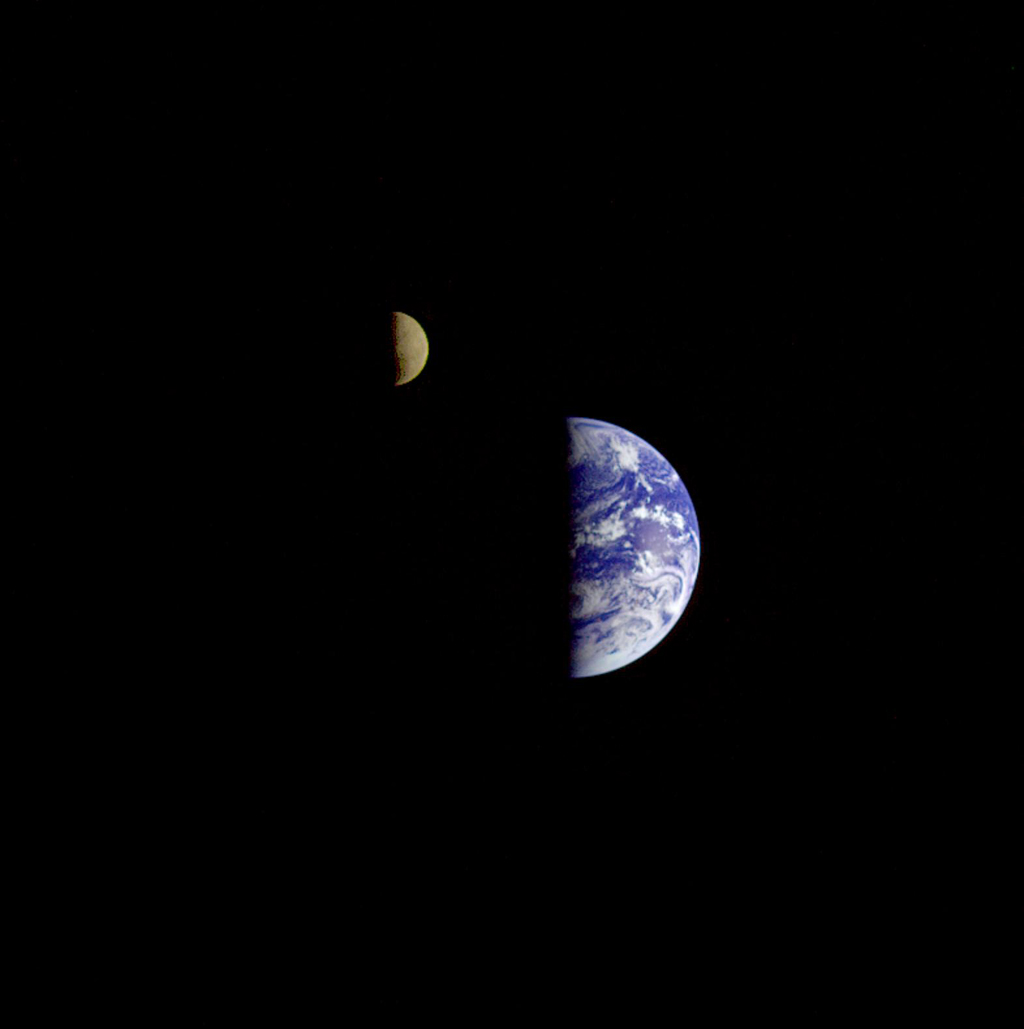
Four amazing astronomical discoveries from ancient Greece
By Gareth Dorrian, Ian Whittaker last updated
Almost as interesting as what they knew, however, is what they did not know.
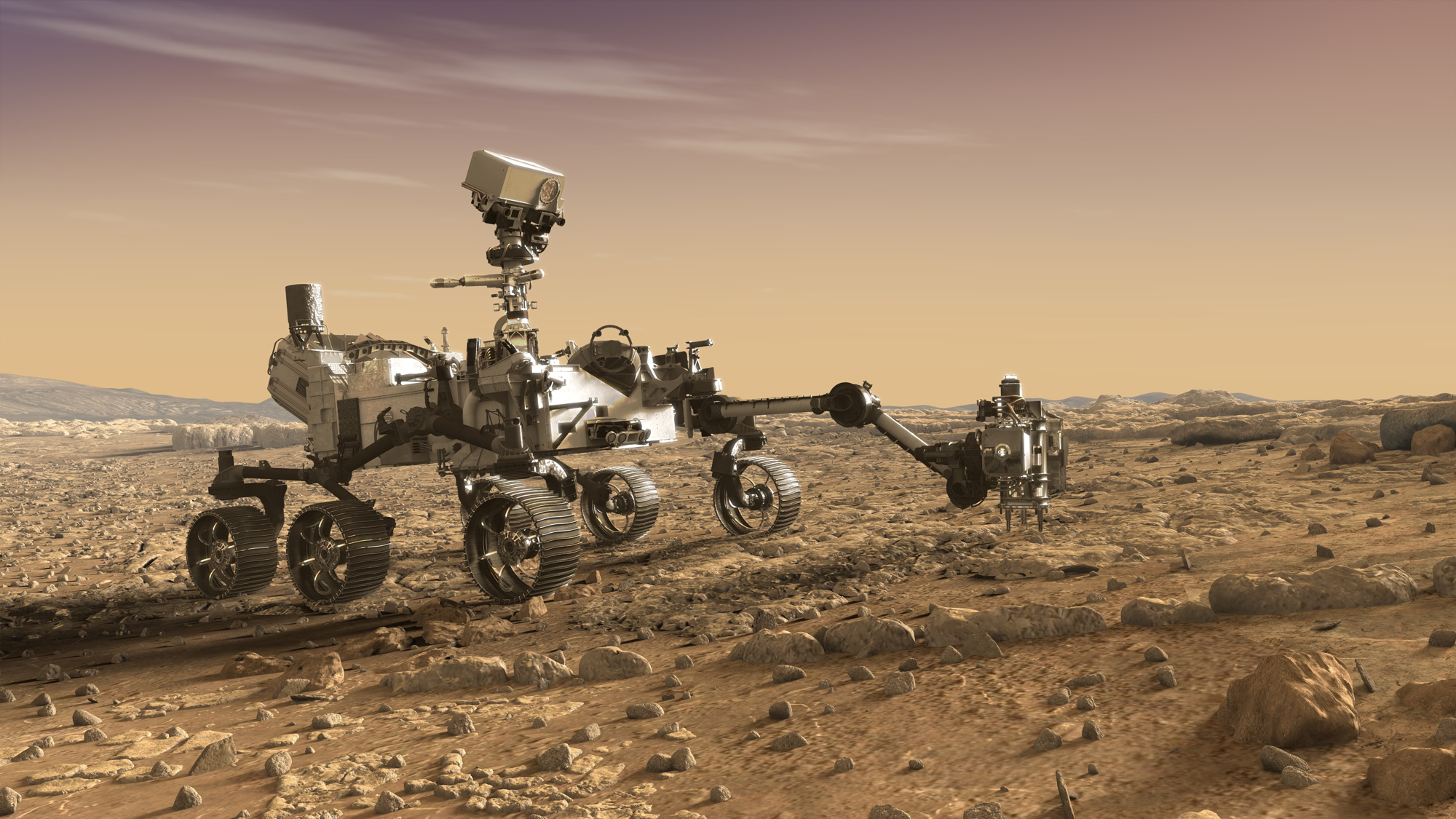
Life on Mars? Europe Commits to Groundbreaking Mission to Bring Back Rocks to Earth
By Gareth Dorrian, Ian Whittaker published
It will be one of the most daunting, complicated and, potentially, scientifically rewarding missions ever undertaken to the red planet.
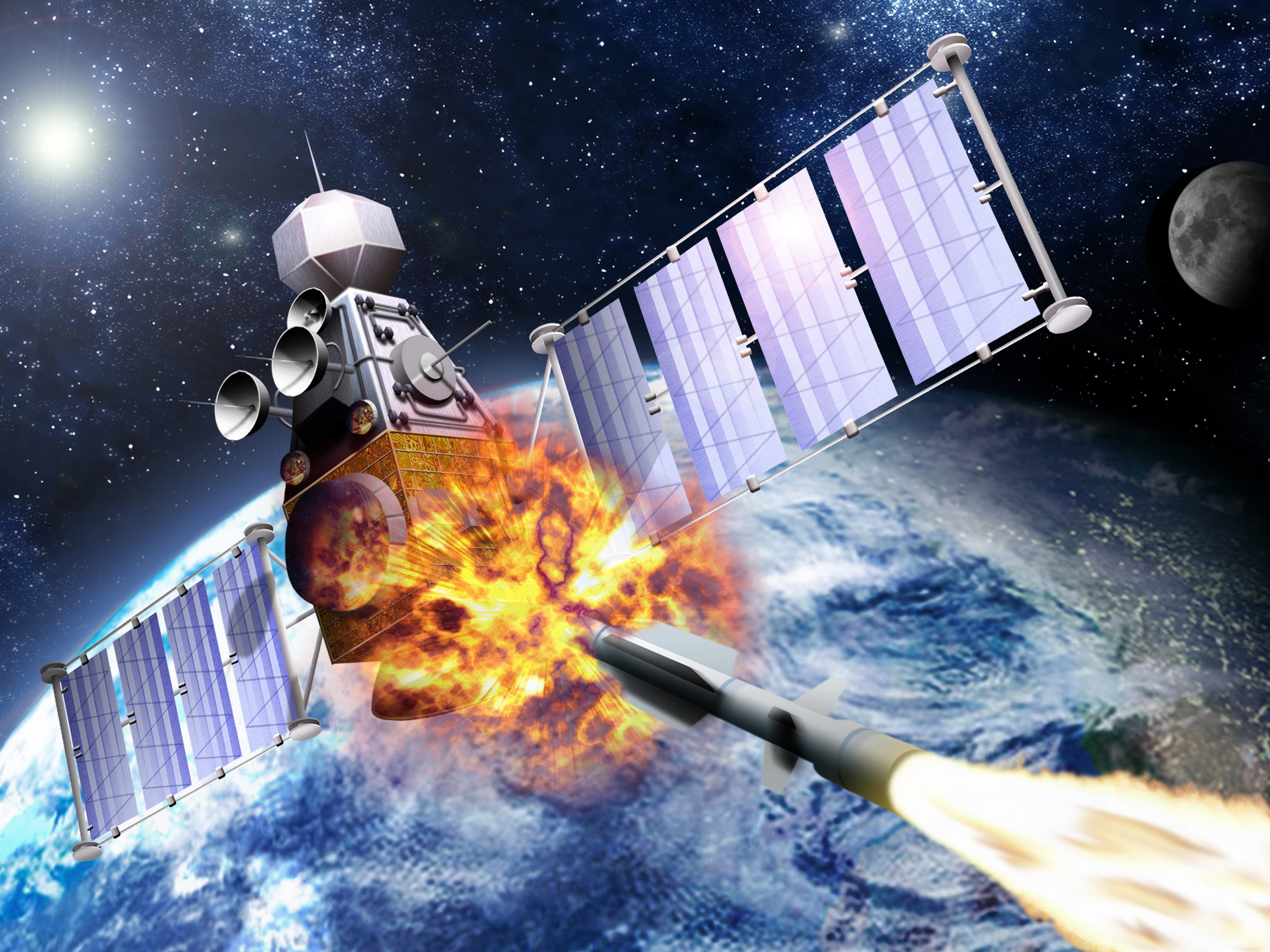
Space May Soon Become a War Zone — Here's How That Would Work
By Gareth Dorrian, Ian Whittaker published
At an upcoming summit in early December, NATO is expected to declare space as a "warfighting domain," partly in response to new developments in technology.
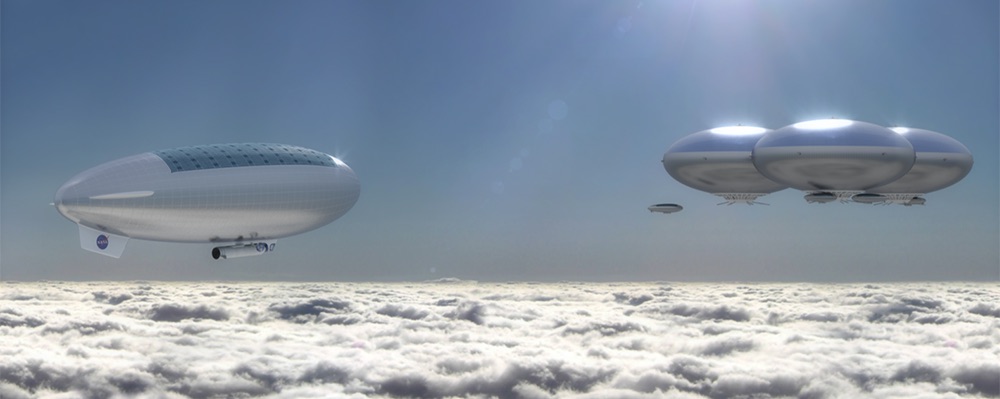
NASA Wants to Send Humans to Venus, to Live in Airships Floating on Clouds
By Gareth Dorrian, Ian Whittaker published
But how is such a mission even possible?
Get the Space.com Newsletter
Breaking space news, the latest updates on rocket launches, skywatching events and more!

